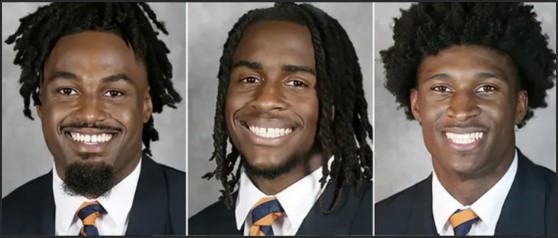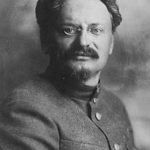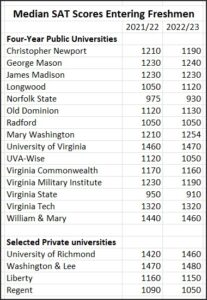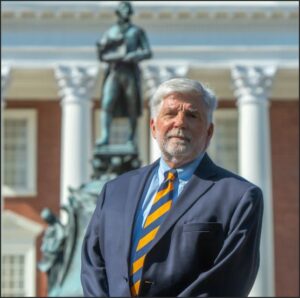
More blue M&Ms, please
by Allan Stam
A couple of years ago, in a conversation with another dean at the University of Virginia, I was asked about my views on the ever-expanding Diversity, Equity, and Inclusion enterprise. I explained that I was not a fan of the diversity movement and affirmative action. When asked why, I explained that my preference was for merit, and merit alone, to determine the allocation of scarce resources and in particular, admissions and employment spots. The conversation then turned to what the effects might be of basing admissions decisions solely on merit.
“Would you be OK with the student body being 40% Asian?” I was asked.
“Of course,” I responded. “But if you feel that UVA, as a public institution, should have a student body that represents Virginia’s population, then be explicit about that, and adopt quotas. I wouldn’t be happy with that, but at least we wouldn’t be hypocrites.”
My partner in the conversation, being of a legal mind, then observed, “You know we can’t do that, adopt quotas. Quotas are illegal.” And therein lies the rub.
Diversity, as practiced in American higher education, in general, and at the University of Virginia in particular, is a fraud. The word ‘diversity’ is a linguistic dodge to enable universities to sidestep what lawyers refer to as ‘strict scrutiny’ of the legality of affirmative action. Affirmative action, as a term, is a euphemism for race-based discrimination. So, Diversity is a double dodge. Continue reading →









